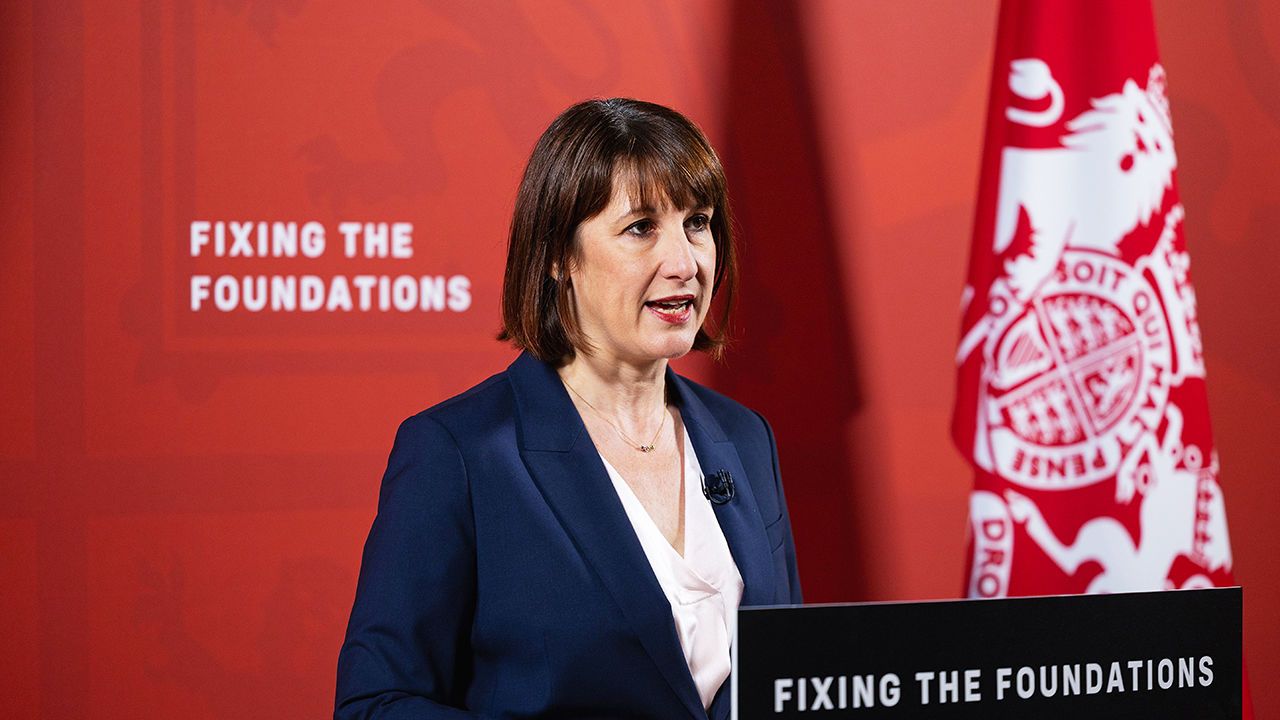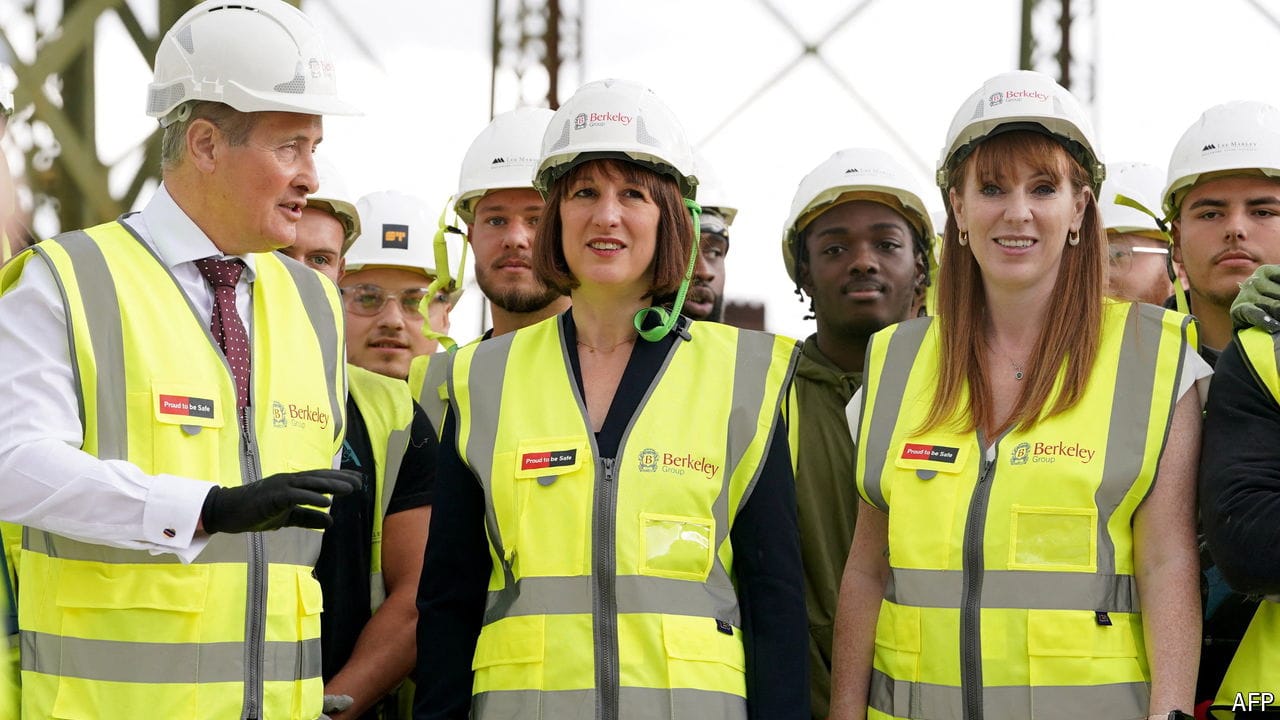How deep is Britain’s fiscal “black hole”?
Rachel Reeves sets out her first big decisions as chancellor

THE FIRST months of a new British government are precious. Problems can be blamed on ministers’ predecessors, who will struggle for a hearing. Capitalising on that honeymoon can neutralise the political costs of tough choices: George Osborne, a former Conservative chancellor, moved quickly in 2010 to pin swingeing spending cuts on Labour’s profligacy. Britain’s new Labour chancellor is following the same playbook. On July 29th Rachel Reeves presented the results of an audit into the public finances, which she had commissioned straight after the election.
Explore more
This article appeared in the Britain section of the print edition under the headline “It wasn’t me”
Britain August 3rd 2024
- What will Great British Energy do?
- A riot in Southport shows how the British far right is changing
- How deep is Britain’s fiscal “black hole”?
- Britain’s railways go from one extreme to another
- The disease that most afflicts England’s National Health Service
- The race to become leader of Britain’s Conservatives
- Was the Bank of England right to start lowering interest rates?
- British voters care less about tax rises than politicians think
More from Britain

The evolution of Britain’s extreme right
White nationalism has become more amorphous and more online

Inside the unrest disfiguring English cities
Anger over immigration will be a recruiting opportunity for the far right
Was the Bank of England right to start lowering interest rates?
Andrew Bailey takes a calculated risk
What will Great British Energy do?
The new body’s first job is to unblock private investment
Britain’s railways go from one extreme to another
Departing: privatisation. Destination: centralisation

